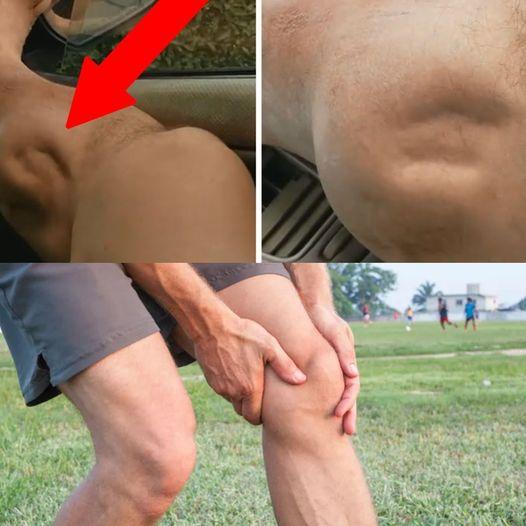4.Poor Blood Circulation:
Inadequate blood flow to muscles, often caused by sitting or lying in one position for too long, can result in muscle cramps. This is why cramps often occur at night.
5.Mineral Deficiency:
A deficiency in essential minerals like magnesium, potassium, or calcium can contribute to muscle cramps. These minerals are vital for muscle function and contraction.
How to Prevent Muscle Cramps
1.Stay Hydrated:
Drink plenty of water throughout the day, especially before, during, and after exercise. Proper hydration helps maintain electrolyte balance and prevents cramps.
2.Maintain a Balanced Diet:
Ensure your diet includes foods rich in essential minerals like potassium (bananas, oranges), magnesium (nuts, seeds), and calcium (dairy products, leafy greens). A balanced diet supports overall muscle health.
3.Stretch Regularly:
Incorporate stretching exercises into your daily routine to improve flexibility and reduce muscle tension. Stretching before and after exercise can help prevent cramps.
4.Exercise Wisely:
Gradually increase the intensity and duration of your workouts to avoid overstraining your muscles. Ensure you warm up before exercising and cool down afterward.
5.Improve Circulation:
Avoid sitting or lying in one position for extended periods. Take breaks to move around and stretch your muscles to improve blood flow.
6.Consider Supplements:
If you suspect a mineral deficiency, consider taking supplements after consulting with your healthcare provider. Supplements can help maintain the necessary levels of essential minerals.
Conclusion
Muscle cramps can be painful and disruptive, but understanding their causes and taking preventive measures can significantly reduce their occurrence. By staying hydrated, maintaining a balanced diet, stretching regularly, and exercising wisely, you can keep your muscles healthy and minimize the risk of cramps. Implement these simple strategies into your daily routine and enjoy a more comfortable, cramp-free life.
Stay active and healthy!

